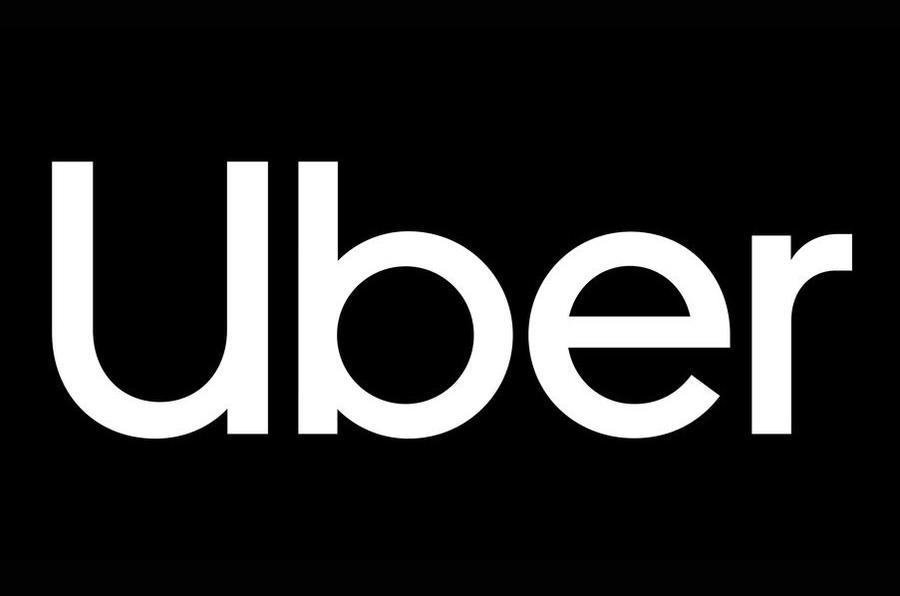Uber has lost its legal bid to classify its drivers as self-employed rather than as workers, meaning thousands are now entitled to a minimum wage and holiday pay.
The ride-hailing company - which launched in the US in 2009 and came to the UK in 2012 - first lost an employment tribunal in 2016, which was upheld on appeal the following year.
Uber took the case to the High Court in 2018, only for the decision to be upheld again. Appealing to the Supreme Court was its last throw of the dice.
The Supreme Court’s judgement focused on five findings made at the original tribunal: Uber sets the fare for each ride; drivers have no say in their contract terms; their decision about whether to accept a fare is constrained by Uber’s ability to impose financial penalties for high cancellation rates; Uber’s five-star rating system gives it significant control over drivers; and that the Uber app limited communications between driver and passenger to an absolute minimum, preventing drivers from establishing relationships with riders that could lead to further work.
“The question, however, is not whether the system of control operated by Uber is in its commercial interests, but whether it places drivers in a position of subordination to Uber,” read the ruling, delivered by Lord Leggatt. “It plainly does.”
The Supreme Court also ruled that drivers are working for Uber when logged into the app within the territory in which they are licensed to drive and not, as Uber argued, solely when passengers were being driven to their destinations.
The decision means thousands of Uber drivers should now be entitled to a minimum wage, rest breaks, sick pay and holiday pay, and the American firm potentially faces a large compensation bill.
There are also implications for the wider gig economy, with Uber and other ride-hailing firms faced with making changes to their business models.
Uber has attracted controversy since its arrival in the UK. The company has previously been threatened with losing its licence to operate in London after TfL raised concerns over “security implications” and “several breaches that place passengers and their safety at risk”. However, it won an 18-month licence on appeal in November 2019 after its systems were ruled to have been "adequately addressed".
READ MORE
Uber wins appeal over London operating licence





Join the debate
Add your comment
No. Uber, and other companies that operate that way, will have to step up and manage the demand with supply. You know, operate like a company should, not as a once removed processor of clicks.
So, OK, now deploy your way of thinking across all work sectors. Do you believe that it will only EVER be a mode of working that will be limited to driving type jobs? Perhaps, if normalised, it will spread to retail. To manufacturing. To healthcare. Are you really going to hold the opinion the "no one was made to work for..." when much of the workforce only has that choice to make. Do you want children or grandchildren to only have that choice to make?
It's serendipity but this judgement - after two before it - has come at a crucial time for workers' rights in the UK. You may not have skin in the game from your point of view, but don't make the mistake that it isn't important for the whole workforce of the UK.
It should be a mode available in other industries good! There are plenty of Uber drivers who depend on the low commitment flexibility of the system, they have other business interests or partners/family who due to their work or life patterns need them to be flexible, some have child care issues. Many are trying to build other businesses and the ability to go earn some extra income pretty simply as needed is vital. Many small businesses such as landscaping or decorating for example can be very intermittent even when well established so uber is a great way to fill the gaps. Now only the most economic (to uber) drivers will be employed and will have to work full time to be viable for benefits uber will have to provide. These drivers other activities will have to cease and what may have become the next Pimlico plumbers one day will just be another tired bloke sat in a leased Prius for many hours and minimum wage forever.
Of course it should be celebrated. You don't have to be a fully paid up member of the most militant trades union to see that they were cheating the drivers out of their employment rights. You have to work within the law. They have been caught out and stopped. There has to be a level playing field.
Driverless taxis are years away, and who will want to use a dirty, vomit filled rubbish bin on a Saturday night that doesn't recognise where you want to go.
Nothing for anyone to celebrate. This means the end of uber in London as their business model is now in tatters. Soon taxi drivers will be competing with driverless cars which won't need holiday pay, sick pay, maternity leave, paternity leave, pensions, etc etc. Like so many industries human beings have simply priced themselves out of the market.